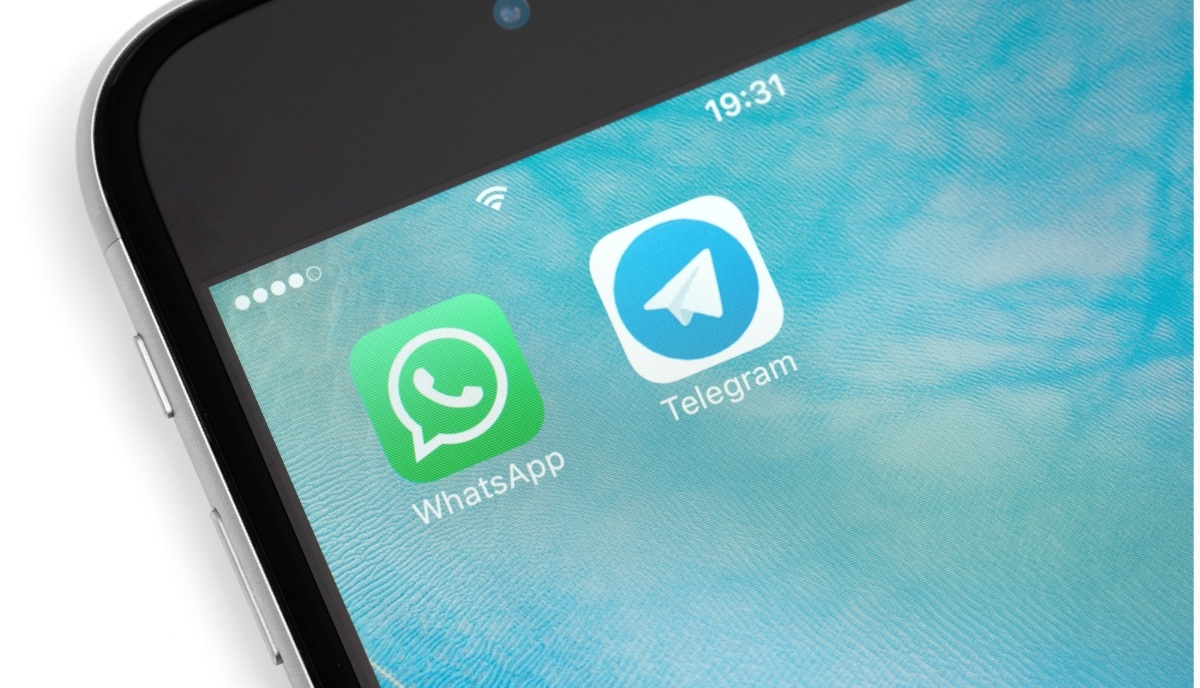

“We want to be clear that the policy update does not affect the privacy of your messages with friends or family in any way.” “Whether you communicate with a business by phone, email, or WhatsApp, it can see what you’re saying and may use that information for its own marketing purposes, which may include advertising on Facebook,” said a blog post by WhatsApp outlining the new arrangement.

What will be subject to change under the new rules, however, is how user data is managed when engaging with a business account, as opposed to normal users.įor businesses that choose to use Facebook’s servers, data they collect from customers will leave WhatsApp and be shared with Facebook, where it may be used for purposes some object to, such as targeted advertising. The new privacy rules do not affect WhatsApp’s most central feature: the end-to-end encryption that guarantees only senders and receivers can see the actual content of messages sent on the platform – at least between individuals. Should you worry about WhatsApp’s policy update? Newspapers with front page advertisements about WhatsApp are seen at a newspaper stall in Mumbai. “WhatsApp hasn’t changed so fundamentally that all the data on your phone will be insecure on February 8,” he said. This made it all the more concerning for some users when they started receiving notifications last week saying some of their data may now be shared with parent company Facebook and its other subsidiaries, leading to a backlash that Doffman said had been overblown.

Zak Doffman, founder and CEO of Britain-based technology firm Digital Barriers, said WhatsApp collected far more of this data on its users than many of its competitors, such as iMessage, Signal and Telegram. Updates to its own privacy rules, including for its messaging platform iMessage.įor many, Apple’s new policy only increased concerns that have long existed for WhatsApp, specifically ones related to its collection of users’ metadata – the information that can be extracted from and linked to an individual’s device, including their contact lists, location and purchase history. The backlash against WhatsApp started building weeks ago, after Apple in mid-December announced


 0 kommentar(er)
0 kommentar(er)
